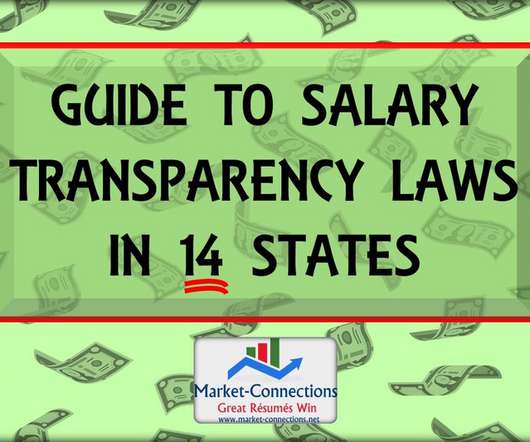How Bad Is the Skills Shortage? 10 Data Points That Tell the Full Story
Vervoe
SEPTEMBER 19, 2022
More than half (56%) of hiring managers believe AI, workplace automation, and other tech forms will change the skills employees need at work. Over 65% of organizations are hiring to close potential skill gaps — making recruiting top talent extra competitive. Over 65% of organizations are turning to hiring to close potential skill gaps.

















































Let's personalize your content